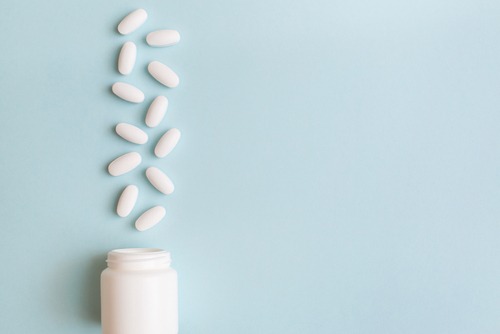
Attorney General Josh Shapiro announced Pennsylvania was one of 14 states to reach a $26 billion agreement with three of the nation’s major pharmaceutical distributors and one drug manufacturer regarding their roles in the opioid epidemic.
Shapiro said that drug distributors Cardinal Health, McKesson, and AmericsourceBergen, along with drug manufacturer Johnson & Johnson, would pay up to $1 billion to Pennsylvania under the agreement, if approved.
“No amount of money, no number of sanctions, will be able to right these wrongs. But this settlement puts in place controls that will go a long way to make sure that this never happens again, and the money that will come to Pennsylvania will help offer and expand life-saving treatment options across our Commonwealth,” Shapiro said.
The proposed agreements would settle nearly 4,000 lawsuits pending against the companies and require significant changes to the way opioids are produced and distributed to combat the opioid misuse epidemic.
According to the proposed agreements, the three distributors would pay up to $21 billion over the course of the next 18 years, while Johnson & Johnson would pay up to $5 billion over nine years, with up to $3.7 billion paid during the first three years.
As part of the agreement, distributors would be required to establish a centralized independent data clearinghouse accessible to state regulators to show where drugs are going and how often, as well as be required to use data-driven systems to detect suspicious opioid orders from customer pharmacies and react appropriately if customer pharmacies show signs of diversion.
For Johnson & Johnson, the agreement requires the company to stop selling opioids, stop providing funds or grants to third parties to promote opioids, stop any lobbying activities related to opioids, and share clinical trial data under the Yale University Open Data Access Project.
States have 30 days to agree to the proposed settlements, and local governments within those states have 150 days to agree to it. The total funding distributed will be determined by how much the state and local governments participated in litigations. Each state’s share of the funds will be determined by a funding formula that considers the impact the opioid crisis has had on the state, and funds will be primarily spent on opioid treatment and prevention.
“We expect broad support for this agreement from Attorneys General of both parties. As a group, we know two things to be true: the cost of this epidemic is immense—far more than this deal, and this agreement is the best way to deliver the most help to communities in need right now. Today’s action sends a message to drug distributors and pharmaceutical companies that we won’t accept this behavior and that we’re here to always fight for the people we serve,” Shapiro said.